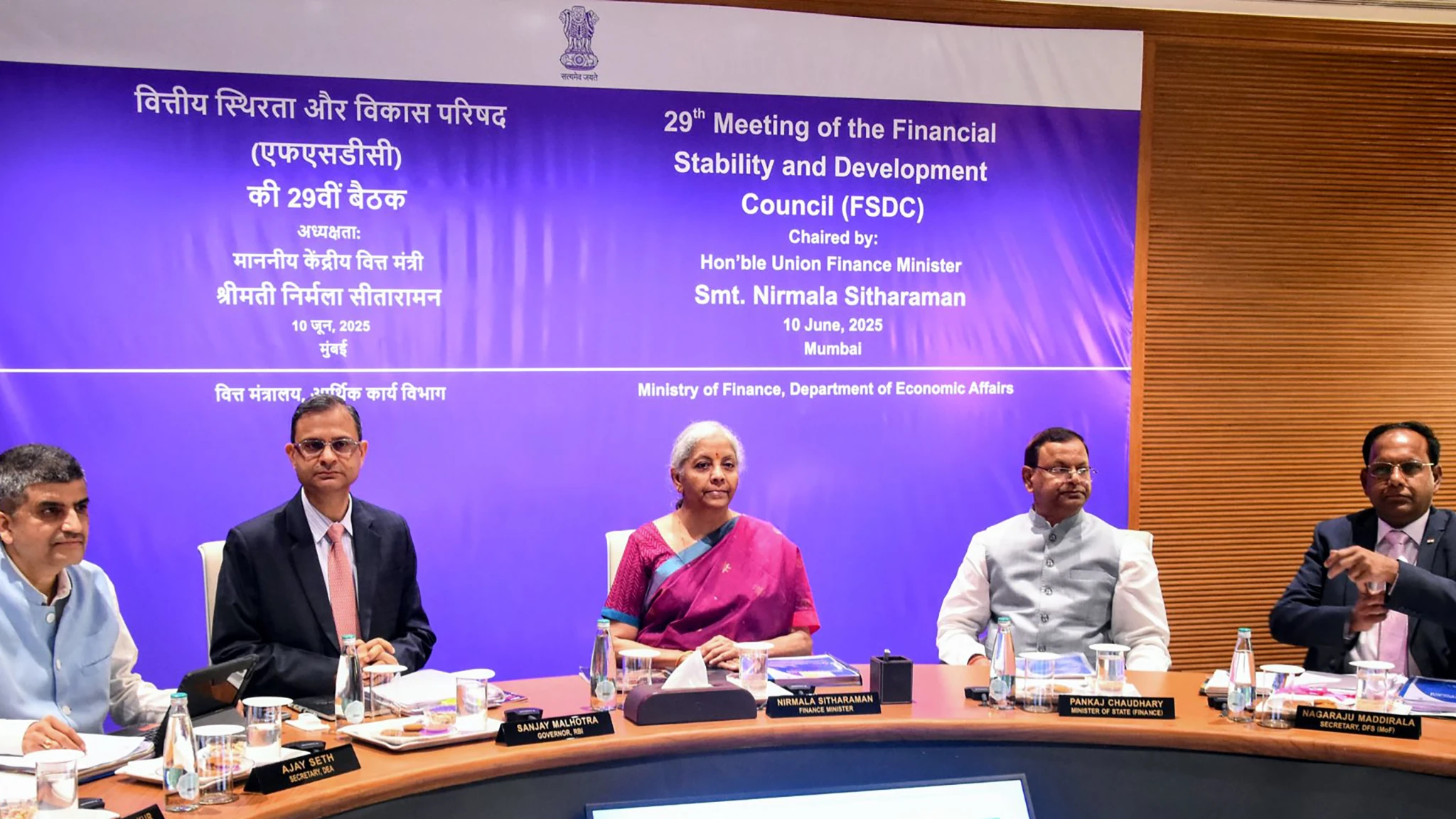Donald Trump’s recent foray into South Asian diplomacy has ruffled feathers in New Delhi, leading to a swift and unequivocal rejection of his claims regarding the India-Pakistan ceasefire and the Kashmir dispute. His propensity for grandstanding seems to have hit a wall against India’s long-held stance on sovereignty.
The saga began on May 10, 2025, when Trump announced on Truth Social that his administration had brokered a “full and immediate ceasefire” following four days of intense clashes triggered by a terror attack. India’s retaliatory Operation Sindoor had led to escalating exchanges.
Trump’s Unsolicited Boast
Speaking at a US-Saudi Investment Forum, Trump boasted about using trade as leverage and even suggested Indian and Pakistani leaders meet for dinner. His Secretary of State, Marco Rubio, backed the claim that the US facilitated talks on “a broad set of issues”. Trump went further, offering to resolve the Kashmir dispute, which he inaccurately termed a “thousand-year” saga.
India’s Sharp Rebuttal
India’s reaction was immediate and firm. External Affairs Ministry spokesperson Randhir Jaiswal clarified that the ceasefire was negotiated directly between the Directors General of Military Operations (DGMOs) of India and Pakistan, with Pakistan initiating the call. Jaiswal asserted that the “force of Indian arms compelled Pakistan to stop its firing”, dismissing any US mediation. He also rejected Trump’s trade leverage claims, stating trade was never discussed with US officials. On Kashmir, Jaiswal reiterated India’s position that the issue is bilateral and Pakistan must vacate illegally occupied territory. He also debunked the nuclear angle, noting Operation Sindoor was in the conventional domain.
Why India Stood Firm
India’s irritation stems from a fundamental principle: sovereignty. For decades, India has rejected third-party mediation on Kashmir, viewing it as an internal matter linked to Pakistan’s illegal occupation since 1947. The 1972 Simla Agreement mandates bilateral resolution, a principle New Delhi holds sacrosanct. Trump’s mediation offer, coupled with the suggestion of trade leverage during ongoing India-US trade negotiations, struck a nerve. The optics of Trump announcing the ceasefire before India could issue its statement only fuelled perceptions of foreign overreach.
Echoes of China’s Playbook?
India’s firm stand is reminiscent of China’s behaviour when facing US pressure during Trump’s previous term. China stood firm against tariffs, retaliating with duties of its own. Similarly, India has signalled potential retaliatory tariffs on US imports in response to steel and aluminium duties. This suggests India is willing to stand its ground, both politically and economically, to protect its interests.
India’s message is crystal clear: it will chart its own course. Trump’s deal-making style might work elsewhere, but in South Asia, it represents a significant misstep. India will never compromise its sovereignty by allowing third-party mediation, and it is prepared to risk trade tensions to prove this point. The US needs India’s partnership, built on respect for its autonomy.
Image Courtesy: X (White House)










Leave a Reply